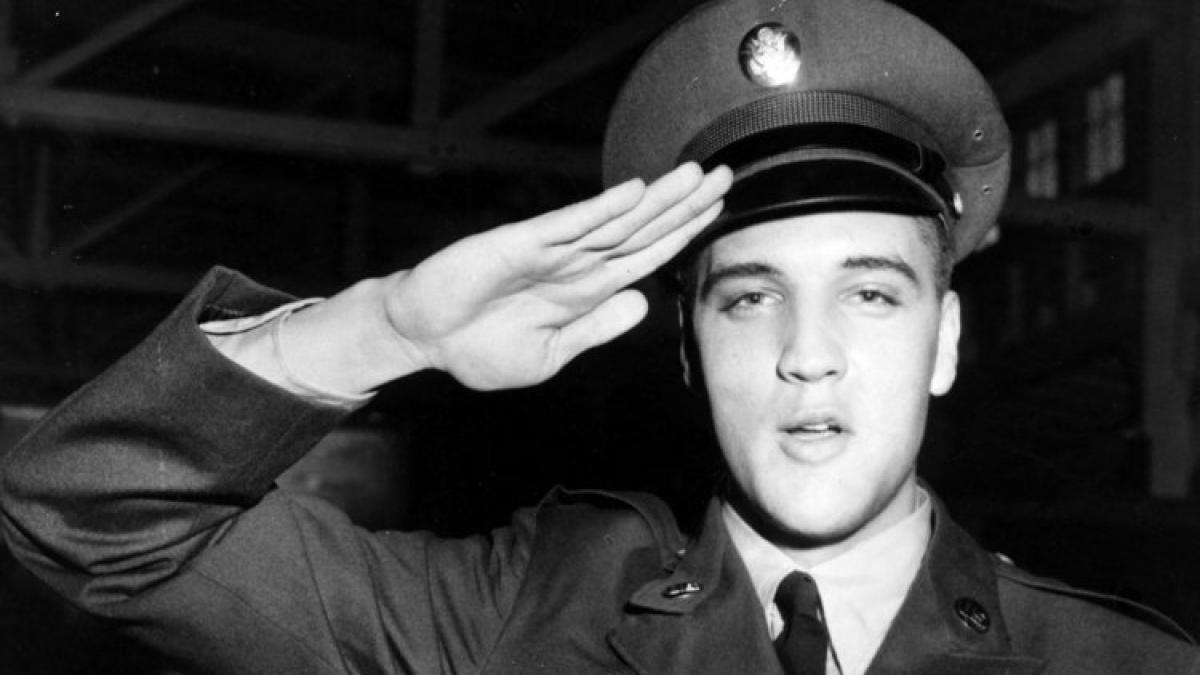About the song
Elvis Presley’s rendition of Unchained Melody. A poignant performance, indeed, and one that continues to spark debate and intrigue among music aficionados. While not an original Presley composition, Unchained Melody became unexpectedly intertwined with the King’s legacy due to the circumstances surrounding its performance.
Composed by Alex North and Hy Zaret in 1955, Unchained Melody first gained recognition as part of the film noir soundtrack “Unchained.” The haunting melody and yearning lyrics resonated with audiences, but it wasn’t until The Righteous Brothers’ powerful rendition in 1965 that the song truly soared to mainstream popularity.
---> Scroll down for the VIDEO
Elvis Presley, known for his electrifying stage presence and rock and roll roots, wasn’t necessarily associated with such a melancholic ballad. However, during his final tour in 1977, Unchained Melody emerged as a surprising yet captivating addition to his setlist. The specific performance you reference, likely the one from his Rapid City, South Dakota concert on June 21st, holds a particular weight as it is believed to be the last song Elvis ever sang in public.
There’s a certain rawness to Elvis’ Unchained Melody. While his voice may have exhibited some of the strain from years of demanding performances, it also conveyed a depth of emotion that surprised many. The vulnerability in his delivery, coupled with the inherently melancholic nature of the song, creates an atmosphere of poignant reflection.
---> Scroll down for the VIDEO
Whether Unchained Melody was a conscious choice for his final act or a spontaneous addition, it undeniably transformed the song’s legacy. For some, it became a symbol of Elvis’ waning health and a foreshadowing of his tragic demise. For others, it showcased a previously unseen emotional dimension to the King of Rock and Roll.
One thing is certain: Elvis Presley’s Unchained Melody transcends a mere performance. It’s a musical bridge between eras, a testament to the enduring power of a ballad, and a lingering echo of a music legend’s final bow.
